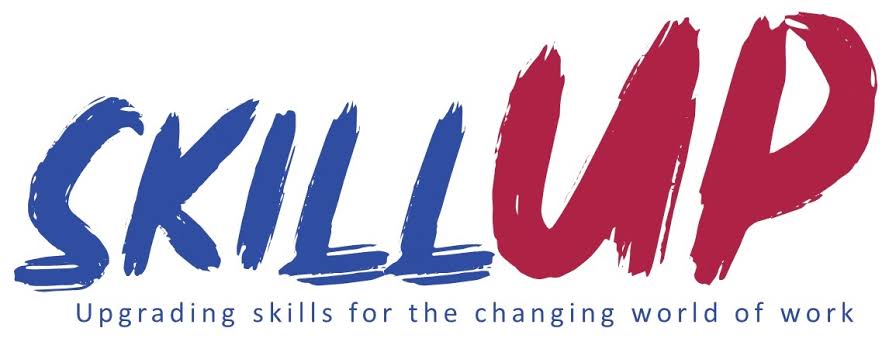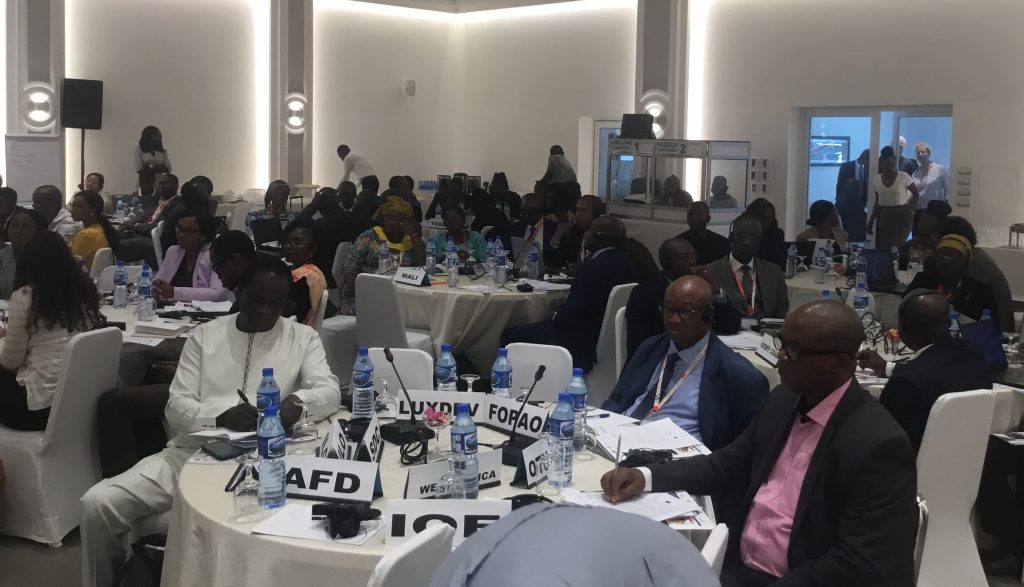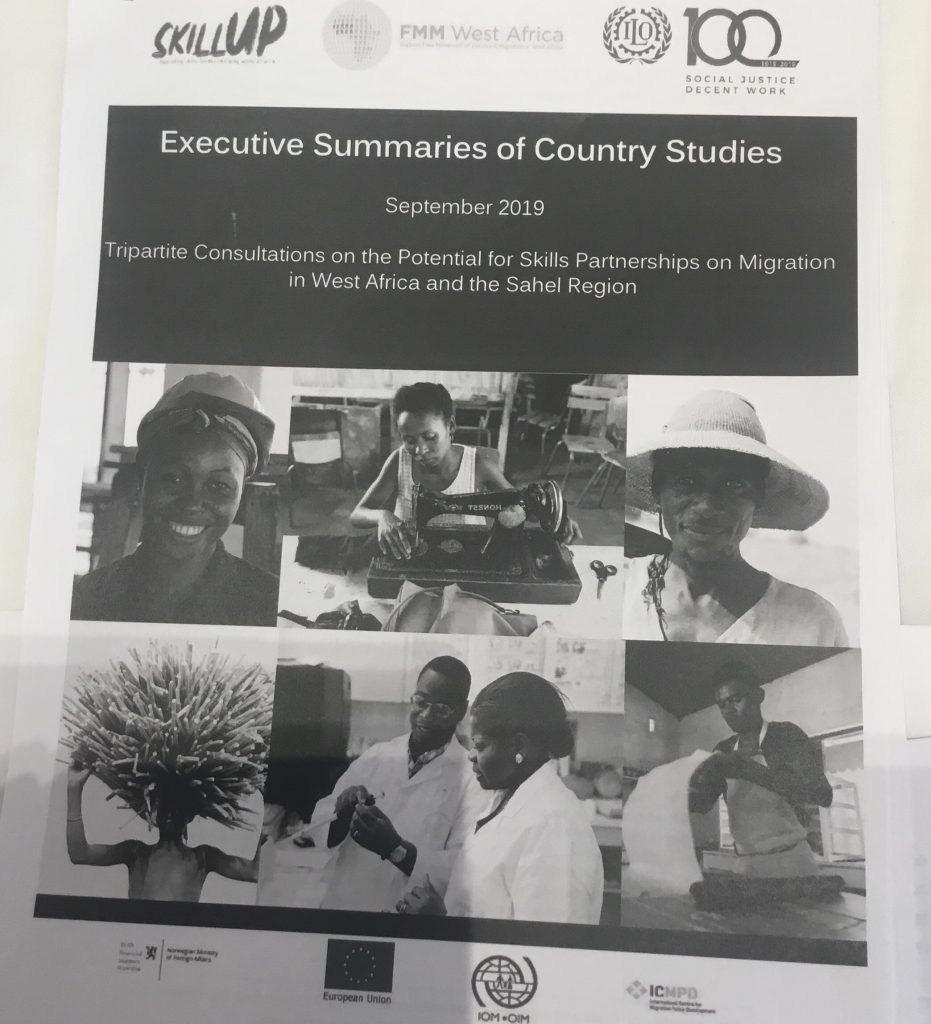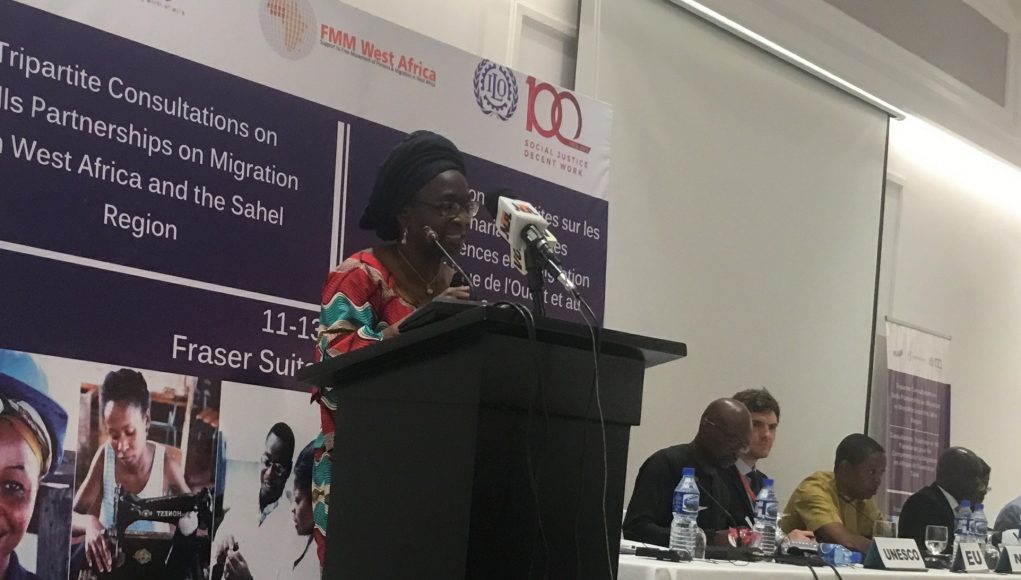By Obioma C. Appolos
The International Labour Organisation (ILO) Assistant Director-General and Regional Director for Africa, Cynthia Samuel-Olonjuwon, has said that skills acquisition, enhancement towards achieving competence is key ingredient to making migration profitable to host countries and to the wellbeing of migrants.
She also alluded that skills as the best asset for people to thrive, contribute to the wellbeing and growth of society as an entity, adding that without skills, society and enterprises cannot function.
“We must always remember that skills are the best asset for people to thrive, contribute to their society in every sense, and achieve their career aspirations. Without skills, enterprises cannot function, and we wouldn’t have roads, buildings, artwork, music, or mobile phones.
“As alluded to already, the ILO in its Centenary Declaration for the Future of Work underscores the importance of lifelong learning, and emphasizes that everyone, throughout their life, should have the opportunity to I acquire skills, competencies and qualifications. Skills -and lifelong learning serve to address existing and anticipated skills gape. For this reason. skills systems need to be responsive to labour-market needs of today and tomorrow.”

Explaining the need to stay on top of the game in proffering matching solutions to the current challenges that faces the world as a global village such as migration at the just concluded Sub-Regional Tripartite Consultation for the Formulation of Skills Partnerships on Migration in West Africa and the Sahel in Abuja, she went on to say; “The work that is bringing us all together today falls under a recently launched “Global Skills Partnership on Migration Initiative” involving the International Labour Organization (ILO), the International Organization for Migration (IOM), the United Nations Educational, Scientific and Cultural Organization (UNESCO), the International Employers Organization (IOE), and the International Trade Union Confederation (ITUC).
“Indeed, our institutions are all Joining forces to forge a Global Skills Partnership to mobilize our constituencies, pool expertise, and build platforms to assist national and migrant workers (including those who return) to maximize synergies and leverage comparative advantages. The Global Skills Partnership on Migration Initiative is paying particular attention to lowand medium-skilled migrants and will be underpinned by skills partnerships at national, sub-regional and continental levels.
“The Global Skills Partnership Initiative aims to mobilize technical expertise towards supporting governments, employers. workers and their organizations, educational institutions and training providers and other stakeholders to develop and reoognlze the skills of migrant workers with a particular focus on women and youth.”
The ILO Director also stated that the aim is to contribute to: “Successful and sustainable labour market outcomes and integration in countries of origin and destination, and progressive career development and well-being of migrant workers,
Regular labour migration, including in the framework of bilateral and multilateral labour arrangements, based on skills demand and relevant, quality training provisions for potential and return migrant workers; Improve productivity and retention of migrant workers leading to better economic outcomes and performance of enterprises.”

Shading more light, she stated; “In Africa, Skills Partnership work involves the Economic Community of West Attican States (ECOWAS), the GS Sahel, and the Economlc Community of Central African States (ECCAS) and is covering mainly the following 6 Central and 11 Western African countries: Gabon, Equatorial Guinea, Cameroon, Central African Republic, the Democratic Republic of the Congo, and Republic of the Congo for mm Africa: Senegal. Benin, Ghana, Togo, Cote d’Ivoire, Burkina Faso, Mauritania. Niger. Nigeria, Chad and Mali for West Africa.
“The aim is to formulate skills partnerships on migration and it Involves work on recognition of prior teaming, skills development access, skills identification, better partnerships between Public Employment Services, and skills matching. In two tripartite consultations. constituents will deliberate on the identification, formulation and implementation planning of tailored interventions based on a solid evidence base of regional migration patterns, national skills systems and existing collaboration that could be developed into skills partnerships.”

Onward, she noted that it is important to recognise that the skills partnerships is a win-win initiative for all, as she said; “I would like to highlight a few pathways: First is trust between countries: Skills partnerships will clearly be about strengthening trust between countries. They can aim to discuss skills and occupational profiles, strengthen systems of recognition of prior teaming since many people in the region have not had the chance to obtain a formal qualification or the recognition of qualifications.
“Second Is access to skills by migrant workers: Skills partnerships are also about making sure that migrant workers have access to skills development in countries of destination, of transit. and in countries of origin, also when they return. And skiIIs partnerships should help ensure that the rights of migrant workers, and in particular women and young people, are protected, in all the diverse situations they are in.
“Thirdly, use a social dialogue approach: What is key is to do this through social dialogue, with employers and workers organizations. We can also envisage partnerships between organizations of employers, and between organizations of workers, or between an organization of workers in one country and an organization of employers in another.”






























